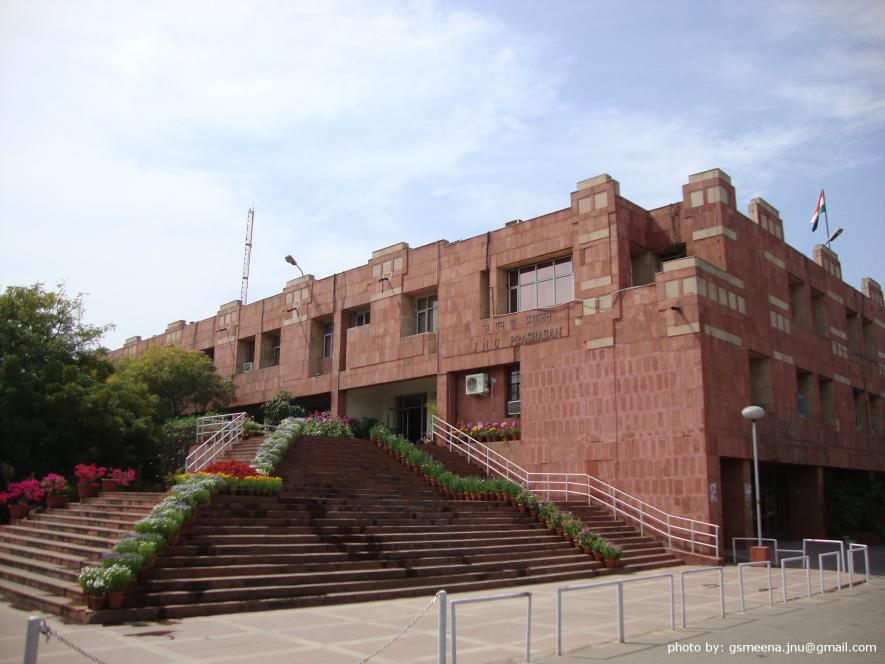The view is that it may take some time for the ABVP to overtake the Left unions.
The Akhil Bharatiya Vidyarthi Parishad (ABVP), the students’ wing of the RSS, with its nationalist ideology and increasing activities on the campus, is challenging the Left-dominated Jawaharlal Nehru University (JNU). Though it has not achieved much success in terms of electoral gains, it has attracted more students to participate in the events organised under its banner. The ABVP’s nationalist agenda has also weakened the Left students’ unions, which used to dominate the JNU Students’ Union (JNUSU). The ABVP has managed to unite the Left unions, who were once rivals, against itself.
A JNU professor told The Sunday Guardian that “fringe elements which tarnished the reputation of JNU, including the ‘tukde tukde gang’, should not have any space in JNU or in any public discourse.” He added that he would not say that the ABVP has outnumbered or diminished them, but it is certainly projecting itself as an alternative voice, countering their anti-national propaganda. He said that it might take some time for the ABVP to overcome the Left unions, but it is important for any university to have diverse voices.
Presently, the ABVP is the single largest organisation in JNU, but the road was not easy for it. Govind Dangi, a PhD scholar and State Joint Secretary of ABVP, narrated an incident wherein, in 2008, a physically handicapped student was not allowed to put ABVP’s posters on campus and was trolled by the Left unions for putting up posters. At that time, JNU was dominated by the Left unions, and we used to only get 260-300 votes. But we keep on exposing Left-wing parties. Dangi added that for the Left unions, the priority is given to international issues first, then national issues, and in the end, issues of JNU. However, we changed it; we give first preference to the issues of JNU and then the national issues, which has helped us in strengthening the organisation. As of now, although we have failed to capitalise on winning seats, on average, we get 1,600 to 1,700 votes in the elections, and I am confident that in the upcoming election we will definitely win some seats. One can guess the popularity of the ABVP in JNU because, to defeat us, all Left unions have made an alliance. However, winds are turbulence in JNU, and it is no longer a Left bastion, added Dangi.
The ABVP entered JNU, a bastion of Left politics and activism, in the 1990s, when an RSS pracharak began to visit the campus regularly. The ABVP faced hostility and isolation from the Left-backed groups, such as AISA, SFI, and DSF, which dominated the student union elections for decades. However, the ABVP gradually gained ground by focusing on campus issues, such as academic excellence, hostel allotment, and PhD admission, and by challenging the Left’s discourse on nationalism, globalisation, and human rights. The ABVP also benefited from the weakening of the Left due to the collapse of the Soviet Union and the rise of the BJP at the Centre. The ABVP made history in 2000, when it won the post of president for the first time in the JNU student union. Since then, the ABVP has been a formidable force in campus politics, winning several central panel and councillor posts.

